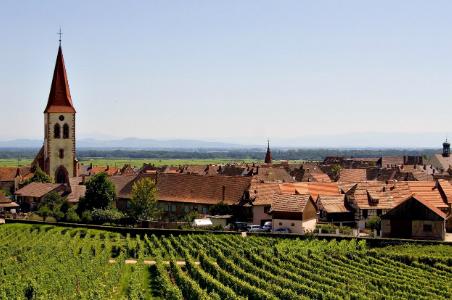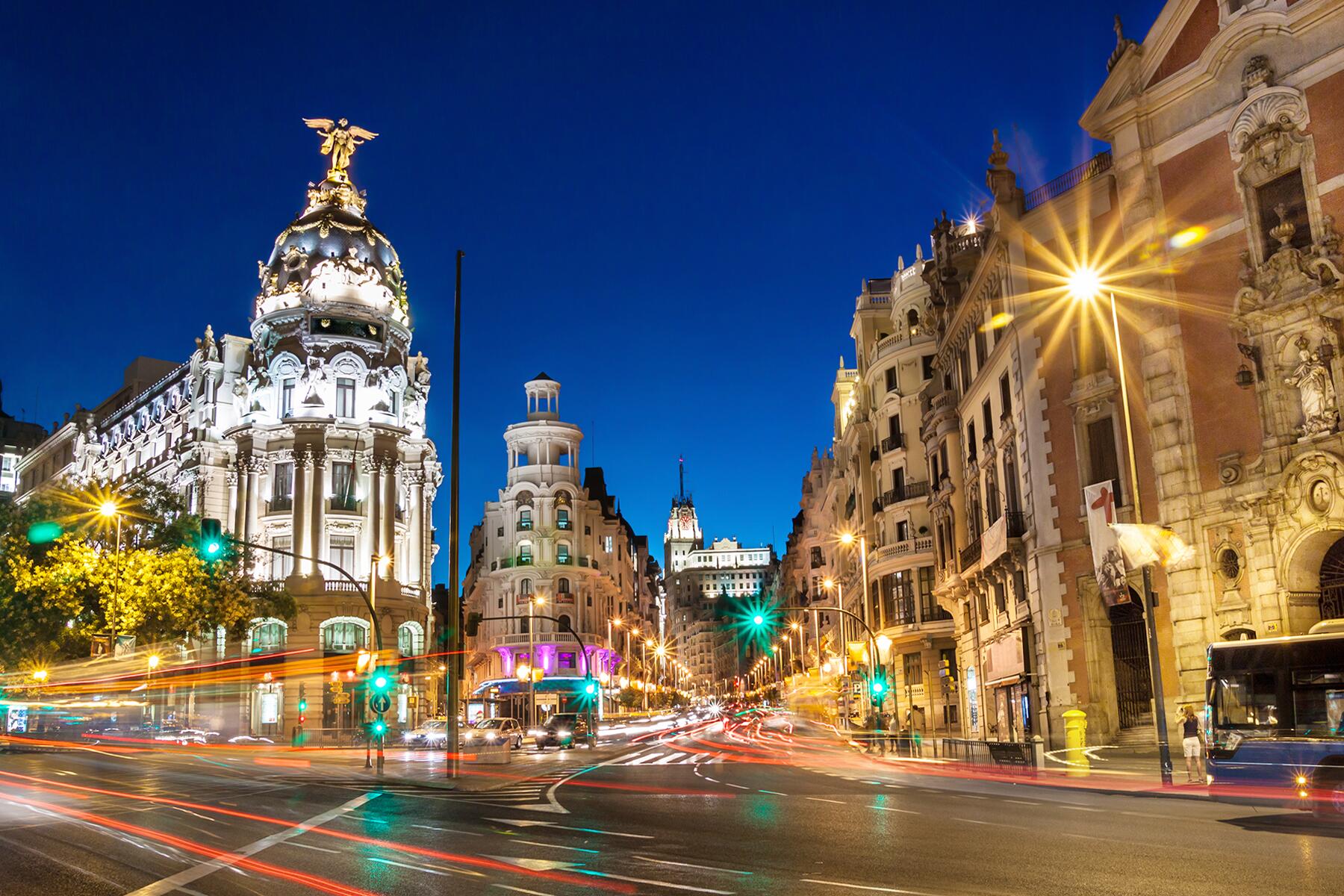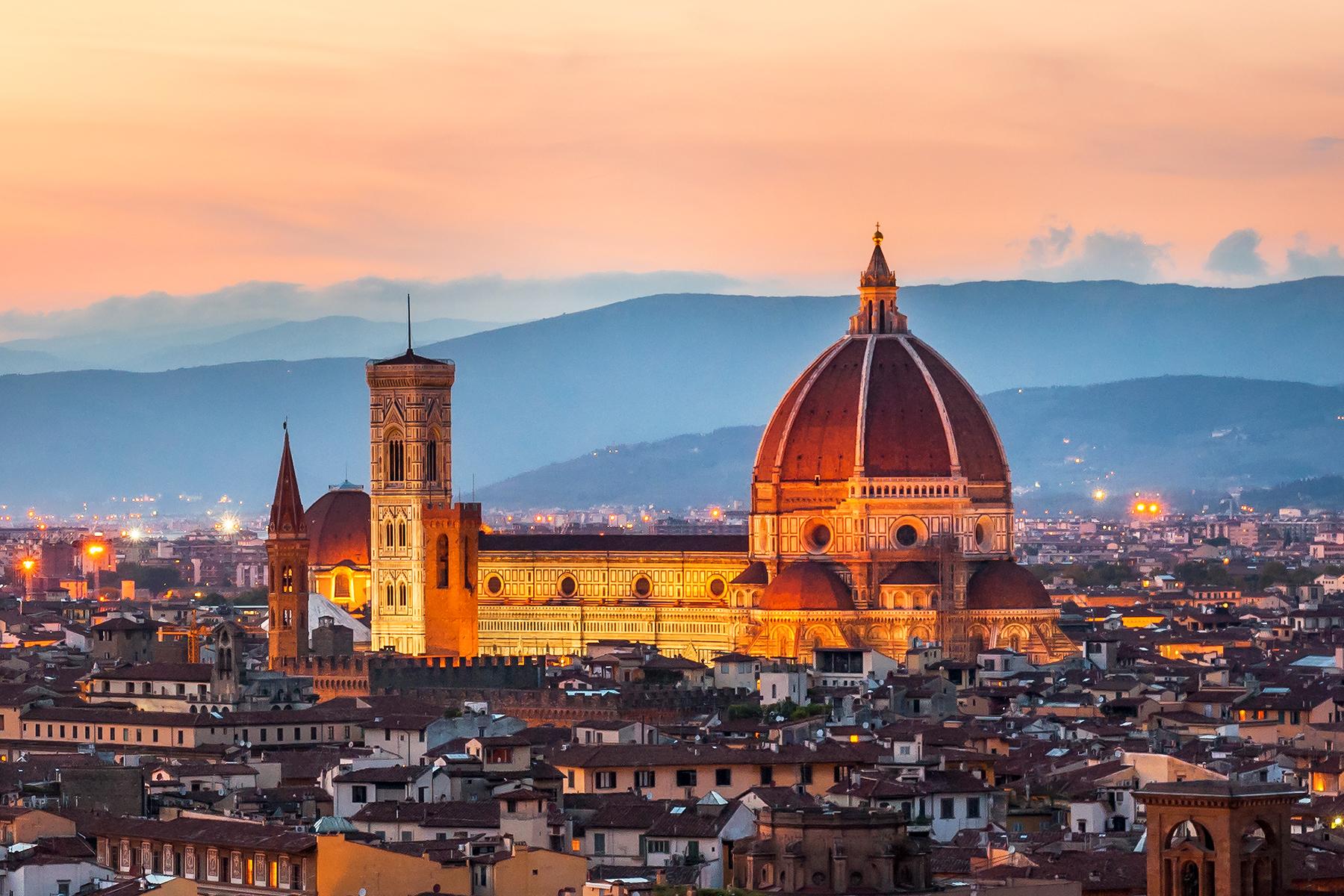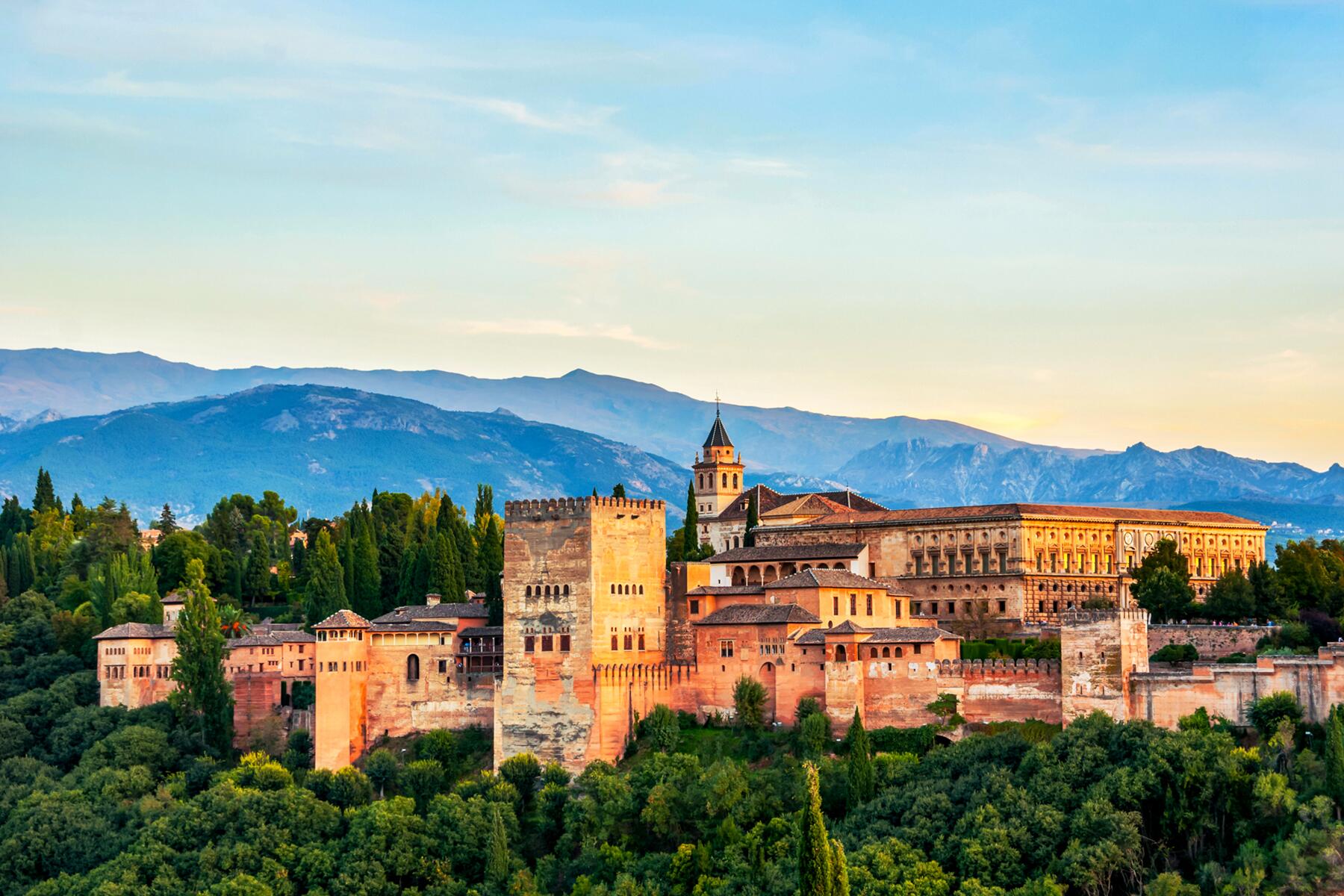By Miranda Mouillot, author of A Fifty-Year Silence
It’s nearly impossible to mention France without thinking about its wines, and drinking them is, quite literally, a way to taste the countryside. Each corner of France has its signature varietals, expressing the particularities of the local soil and climate. With a specific vocabulary and a wide range of flavors to master, wine can be an intimidating subject. But there’s no need to let that daunt you. If your trip to Europe includes any time in the French countryside, consider spending an afternoon on a tasting tour. If you’ve never been on one, here are some basic tips from winegrowers, restaurateurs, and one longtime resident and consumer to keep in mind as you sip your way through France.

Don’t be embarrassed to start with a guidebook. No matter how much you know about wine, there’s always more to learn. Even professionals use these handy resources, because they’re a great place to learn about all of the tasting options.
But once you arrive, don’t be afraid to toss it in the backseat and ask around. Not only are winegrowers notoriously gregarious, they’re usually eager to send you down the road to their friends. What’s more—at least in small-town France—nearly everyone you meet will have an opinion about which wines to sample.
Recommended Fodor’s Video
With or without a guide, always look for the caveau des vignerons. Also referred to as the cave coopérative, these groups exist to promote, sell, and often vinify local grapes. If you’re looking for a one-stop tasting experience, this is the place to go. You can ask questions, sample and purchase wines, and even get in touch with growers who offer on-site tours or tastings. In small communities, the caveau is basically the wine equivalent of the local gas station—in my village, you can show up with a container and have it filled from a giant tank.
Ask what’s beyond the caveau, too. In most places, the caveau makes wine the classic way, by combining the grapes of many growers, which means it’s a great spot to discover the wine basics of a region. But remember there are many small growers who, for one reason or another, bottle and promote their product independently. If you have enough time, check out places that are using alternative techniques to create organic, sulfite-free, or biodynamic wines. These wines can taste very different from more traditional ones—and can be a revelation if you’re not crazy about wine. Plus, because they don’t contain sulfites or other additives, you can drink more without getting a headache.

Dine out. Restaurant owners are usually very invested in, and connected to, local vineyards, so ask them for recommendations and contact information. If you’re in the country and not sure where to go, consult the Bistrot de Pays network, composed of 240 rural restaurants and cafés committed to strengthening their communities by promoting top-quality, local cuisine.
Call ahead. Whether they are out in the vineyards or down in the cellars, winemakers are usually eager to welcome visitors, but they’re not necessarily in close proximity to a doorbell. So unless you’re aware of scheduled tasting and tour hours (which some do have), let them know you’d like to visit in advance.
Give yourself ample time. Wine is one of the ultimate slow foods. If you’re having fun, a tasting can last over an hour, so set aside plenty of time between visits. You’ll be glad you’re not in a hurry—and so will the person conducting the tasting.
Don’t be afraid not to know. Wine criticism may be all about identifying the faults and strengths of a wine, but wine tasting is about finding what you enjoy. You are eminently qualified to do that, no matter how much or how little you know. Most winemakers love to talk about their work and are happy to explain and answer questions.
Remember to ask where to eat. The best way to enjoy wine is with delicious food. These days, sad to say, finding a good meal in France can be hard to do on the fly, and it’s always wise to check with people in the know. Luckily, just as your local restaurant owner should be able to point you to good wine, your local vintner takes pride in suggesting good restaurants. Take advantage!
Buy a bottle. Remember that winemakers pour their hearts and souls into their product, so while some larger vineyards do not or cannot sell their wines on-site, if you’re visiting a small vineyard, buy at least a bottle to thank them for your experience.
Many thanks to Corrine Amouyal-Coffin, Claire Bouveron of the Restaurant La Tour Cassée, Sylvain Bock, Hélène Comte of the Domaine des Vigneaux, Thierry Doulmet, and Jocelyne Oustric of the Domaine du Mazel for their help in preparing this list.
 Miranda Richmond Mouillot is an independent writer, translator, and editor. Born in the heart of the Blue Ridge Mountains, she now lives in a remote hamlet in southeastern France with her husband, daughter, and cat. She received a PEN/Heim Translation Fund grant for her forthcoming translation of The Kites, celebrated French novelist Romain Gary's last novel. Her first book, A Fifty-Year Silence: Love, War, and a Ruined House in France, (Crown Publishers) tells the story of her grandparents' mysterious half-century estrangement. She learned about France's favorite drink while waitressing in a wine bar in Paris, and then, once she moved south, from her neighbors, of whom a staggering number are vintners.
Miranda Richmond Mouillot is an independent writer, translator, and editor. Born in the heart of the Blue Ridge Mountains, she now lives in a remote hamlet in southeastern France with her husband, daughter, and cat. She received a PEN/Heim Translation Fund grant for her forthcoming translation of The Kites, celebrated French novelist Romain Gary's last novel. Her first book, A Fifty-Year Silence: Love, War, and a Ruined House in France, (Crown Publishers) tells the story of her grandparents' mysterious half-century estrangement. She learned about France's favorite drink while waitressing in a wine bar in Paris, and then, once she moved south, from her neighbors, of whom a staggering number are vintners.


